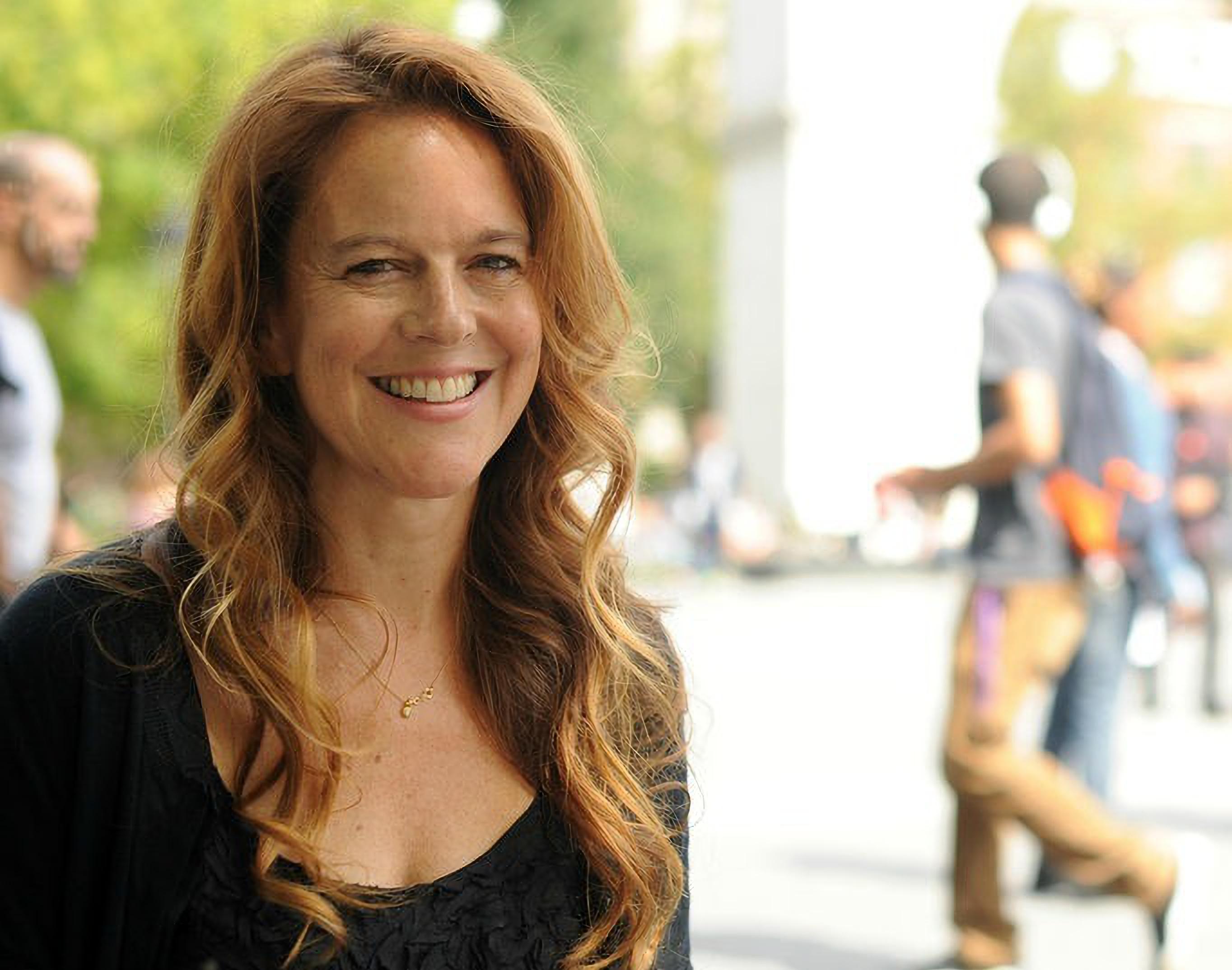Niobe Way researches child development and the impacts of isolation and disconnection, among other things, on our wellbeing. Way is a psychology professor at New York University and founder of the Project for the Advancement of Our Common Humanity (PACH) at NYU, which practically applies scientific findings on human connection. We talk about the health consequences of social disconnection, Way’s work on masculinity and its impact on sharp rises in suicides in recent decades and the consequences of a culture that values individual ambition over collaboration – and material success over kindness and empathy. (Our conversation has been condensed and edited for clarity.)
***
1. What have you learnt from your work interviewing adolescents and boys?
Essentially boys have been telling me for decades that they want relationships, they want closeness. They have been revealing extraordinary social and emotional skills and abilities and attunement – amazing things. I follow them over time, as a developmental psychologist. I have followed the same kids over many years. As they grow to be men, you hear the struggle: growing up becomes about giving up all those desires and pretending that you don’t have them, that the only thing that matters is being self-sufficient and doing things on your own and not needing others. ‘I’m grown up now, I don’t need to share my feelings. I don’t need to.’ You even hear girls and women say that too, because we live in a masculine society.
2. Global suicide rates have increased by around 60% in the past 50 years, which you have linked to our disconnection from each other. Can you explain that link?
The book I’m currently writing is called Rebels with a Cause. It tells the story of the transition, from wanting friendship and having friends and wanting closeness and then the pressure to basically not have those relationships in adulthood. The pressure to pretend that those don’t matter and in fact, all of that is important. If you ever imagine just telling anybody who’s naturally relational, now you have to pretend that you’re not relational – you need to focus on doing well in school or whatever it is. But stop spending time with your friends, stop valuing that stop, stop doing that. And then we wonder why there is suicide. Almost always at the root of suicide is loneliness and people feeling like they’re not going to find someone who understands them, who sees who they are.
It’s a culture problem that we somehow don’t take seriously, that we need each other. We thrive on human contact and human relationships. And we and everybody, every child in every school, needs to have friends, needs to have people they can talk to and who acknowledge them and talk to them and eat with them and every child needs that and if they don’t get it. You have boys saying things to me during research like, “It might be nice to be a girl, because then I wouldn’t have to be emotionless.”
3. What is going on here? Why do you see intense intimacy among young boys that to an extent disappears in late adolescence?
It’s linked with sexuality. The equation of male friendships with sexuality (with being gay), basically starts in the late 20th century. Before then, friendships were valued – male and female. Now we’re at a point where we not only divide family from friendships, but we prioritize our romantic relationship over our friendships. Ultimately humans are not made to just have one person who they have a relationship with. Humans have always thrived in communities, where there are multiple friends and multiple family relationships – with mum and dad and sister and brother, as well as friends and cousins, second cousins and friends of friends. We have always been community oriented. Suddenly in the 20th century, we have basically become more and more self-focused.
4. You’re suggesting your research into masculinity tells a much broader story of a culture that values professional and academic success and self-optimization over kindness and genuine interaction, is that right?
If you take a culture that only values the hard qualities and mocks the soft, you are going to have a hard time taking seriously the need to connect with each other, to love each other, to have a common humanity. Because they don’t see it as equally important as getting into Harvard. Or being a banker or lawyer or president, which is the hardest you can be in terms of individual success. It’s all about the individual. Steve Jobs talks about this in a fantastic interview in 1996 – about how the growth of Apple was very much due to his collaborations with Steve Wozniak and other people involved in Apple in the early days. And he said, people never give them credit, they only focus on him. And that’s a problem. The fact that we only make it about the individual takes away the fact that all success is rooted in the collective, we always make it an individual story.
5. You have spoken about the long term health implications of not prioritising human connection. Can you say a bit more about that and the related research?
There is decades of research on this. Books on loneliness and the health and physical consequences. The best is John Cacioppo’s [Loneliness: Human Nature and the Need for Social Connection]. For decades researchers have been finding that having deep social connections, someone to talk to in times of stress [is vital for our health] – when you give those people a small wound, they heal faster than those who report being more isolated. People without social connections heal slower, they are more likely to get sick, more likely to get colds and flu, more likely to die earlier, more likely to have their cancer metastasize quicker. The medical profession is now just opening up to this research and beginning to see how much we need relationships.
Follow us here and subscribe here for all the latest news on how you can keep Thriving.
Stay up to date or catch-up on all our podcasts with Arianna Huffington here.


